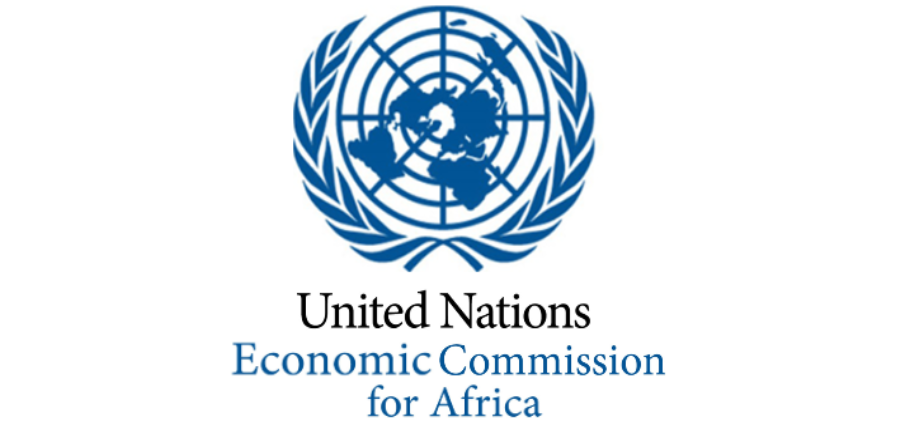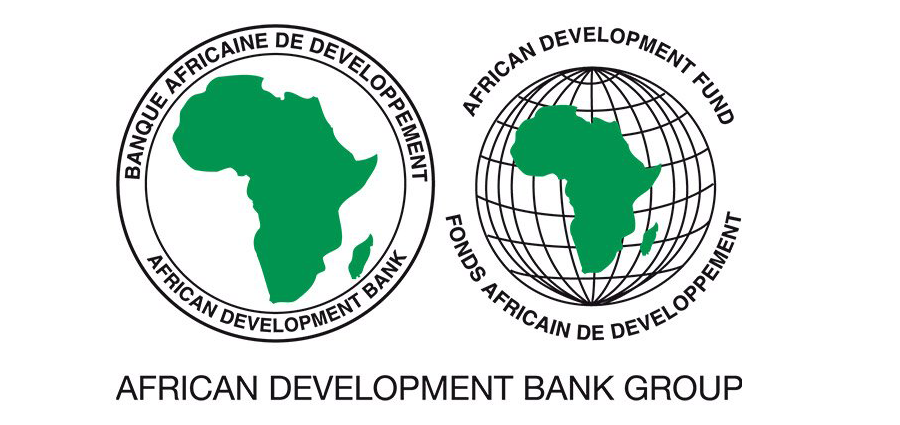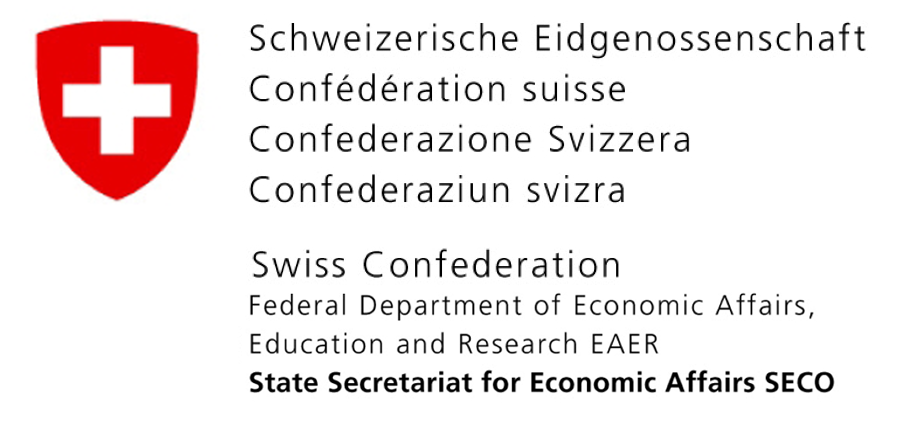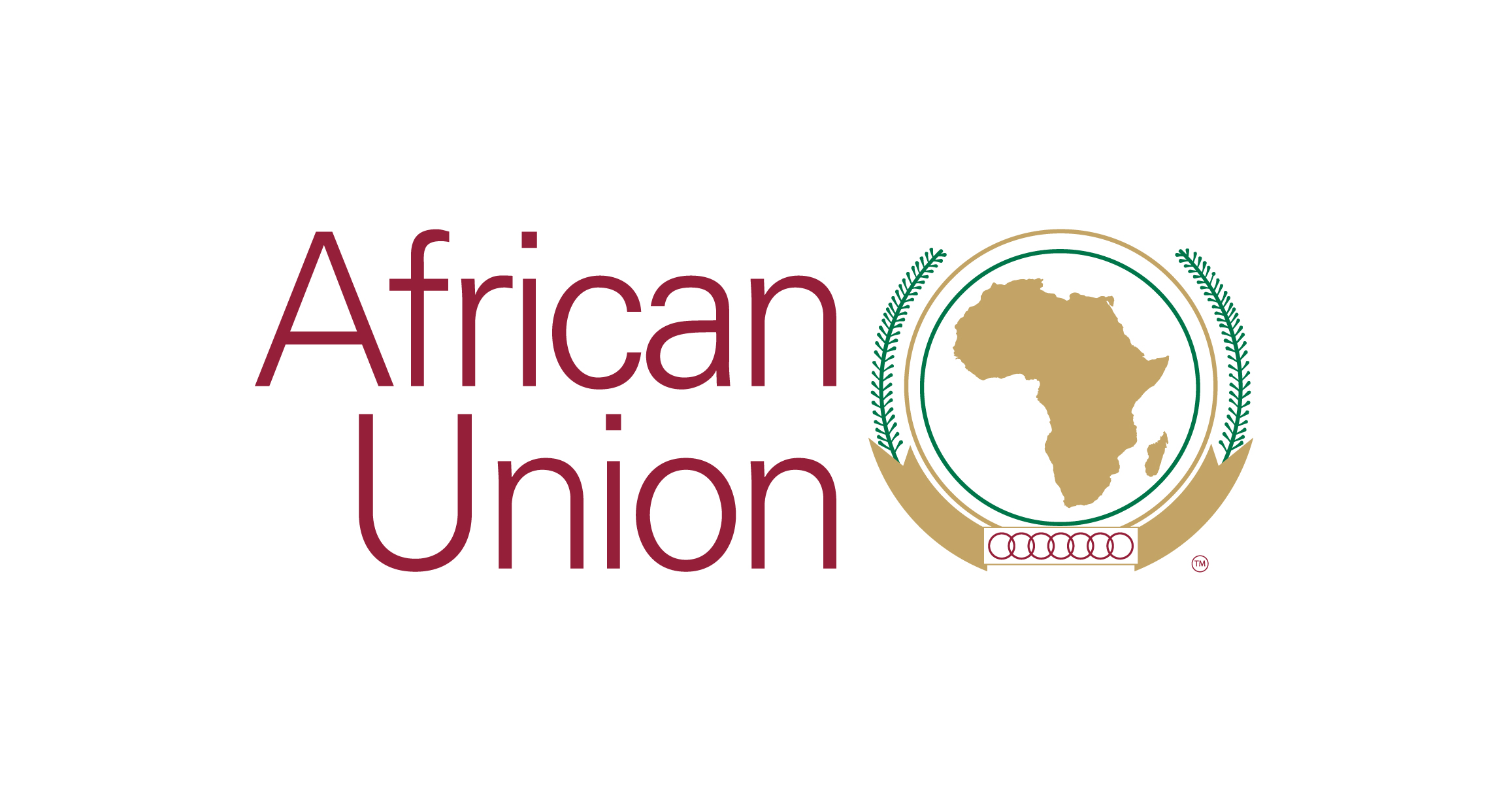The Regulation of buses and minibuses: private sector participation as catalysts to reform in Kigali, Rwanda
“The Regulation of buses and minibuses: private sector participation as catalysts to reform in Kigali, Rwanda,” is one of eight case studies part of a series titled Studies of Informal Passenger Transport Reforms in Sub-Saharan Africa. It describes the recent history of public transport in Kigali, the capital city of Rwanda, and focuses on private-sector involvement as a catalyst for reform.







